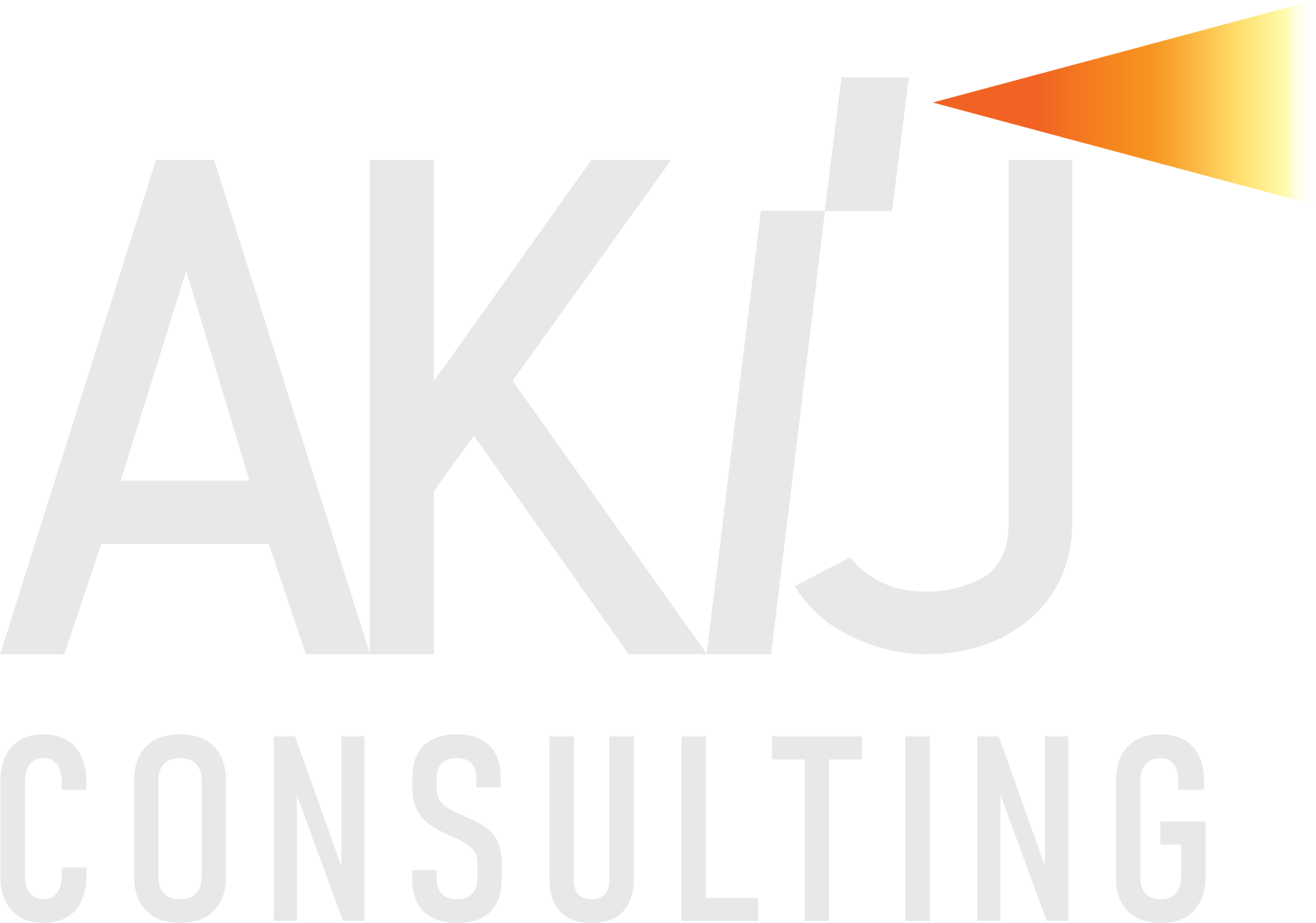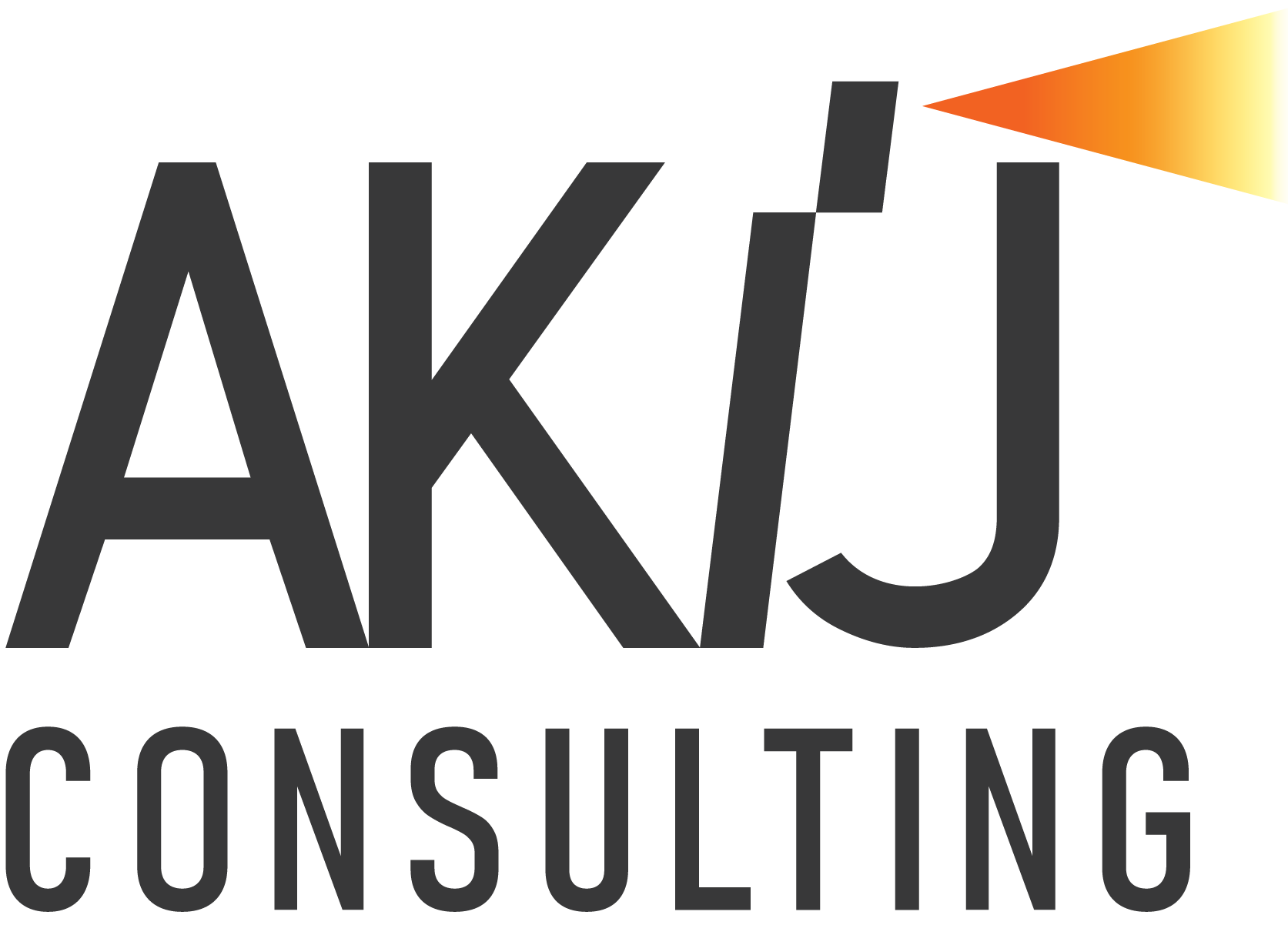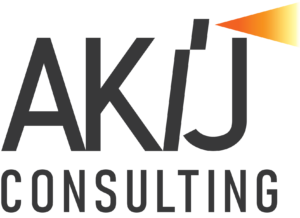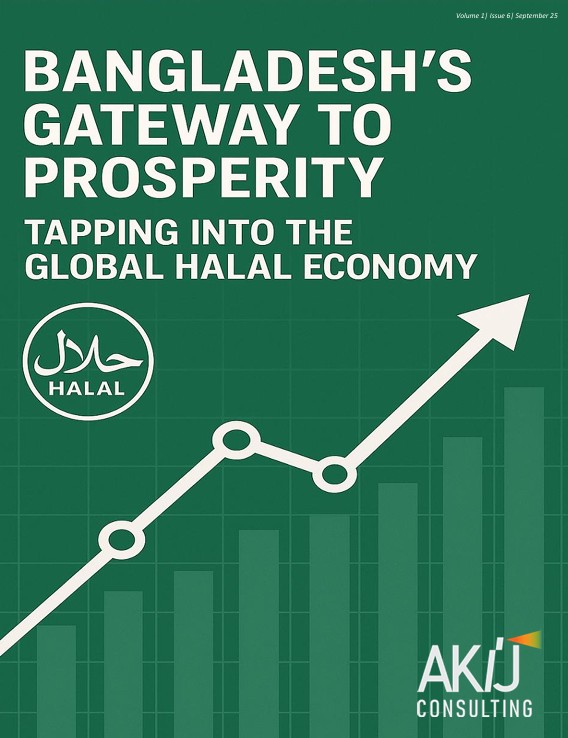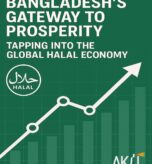The global halal economy, valued at USD 8 trillion in 2025, is projected to expand to USD 10 trillion by 2030, fueled by growing consumer demand for ethical, sustainable, and Shariah-compliant products
Key Growth Sectors
Halal Food: $2.96 T → $5.91 T by 2033
Modest Fashion: $402 B → $652 B
Halal Tourism: $302 B → $548 B
Halal Cosmetics: $53 B → $129 B
Islamic Finance: $3.6 T → $9.3 T
Why Bangladesh?
With a 170 M+ Muslim population, global textile leadership, strong agribusiness, and a growing pharmaceutical sector, Bangladesh is positioned to become a key halal hub. Capturing just 1% of the halal food market by 2034 could generate $94.5 B in exports and create 450,000 new jobs.
Strategic Priorities
Establish unified halal certification
Invest in infrastructure & cold-chain logistics
Target high-value halal categories (RTE meals, halal-certified vaccines, organic cosmetics)
Expand halal tourism (Cox’s Bazar, Sylhet)
Drive R&D for halal innovations
The halal economy is not just a niche—it is a mainstream global force. For Bangladesh, this is a unique chance to diversify exports, accelerate growth, and strengthen global competitiveness.
Full Article: Bangladesh’s Gateway to Prosperity: Tapping into the Global Halal Economy
